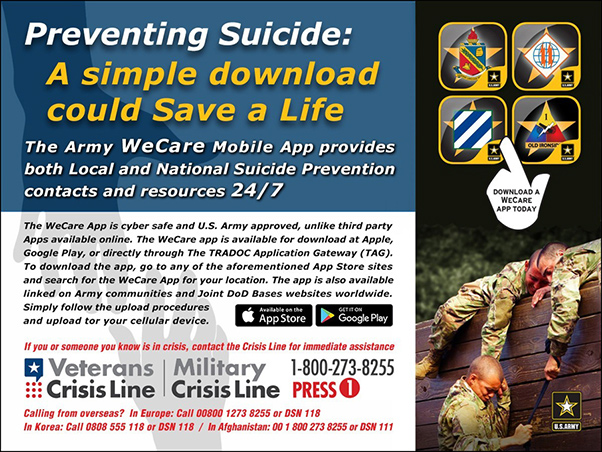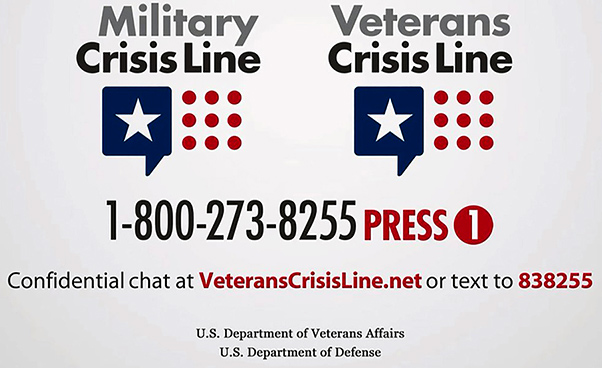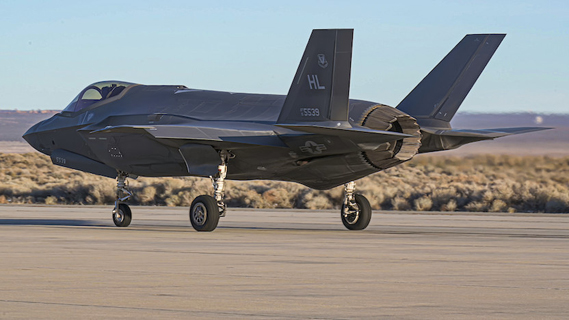One of the messages military members can take away from Suicide Awareness and Prevention Month each September is that it is their responsibility to serve as wingmen to all their brothers and sisters in arms.
During a virtual presentation Sept. 16, which was part of the observance month’s activities at Joint Base San Antonio, Texas, a retired Air Force master sergeant and Wounded Warrior ambassador, Ashley Dunning, described how finding a true wingman helped her turn despair into hope.
“I joined the Air Force right out of high school in 2003,” Dunning said. “I left an abusive background. My leadership and peers became my family and I felt at home.”
The family-like support did not last long, Dunning said. During her first assignment, she was sexually assaulted after a night of drinking. She tried talking to some of her close friends and reached out to her immediate chain of command, but she said no one believed her.
As time passed, Dunning’s career continued and her location changed. She enjoyed her next assignment, and she wanted to leave behind the trauma she had experienced. However, one day at a pool event, Dunning’s daughter was having trouble with her bathing suit top. The incident triggered her past trauma.

Additional incidents followed.
Dunning and her husband worked in close proximity but did not have the same supervisor. Her husband’s supervisor began acting inappropriately toward her, she said, sending her text messages and making sexual comments. This harassment ended shortly afterward when Dunning brought the situation to her leadership. The incident was investigated and the individual was removed.
Dunning was then moved from wing command to a major command, or MAJCOM. With her job at MAJCOM, her triggers became worse. She became hyper-vigilant, and couldn’t sleep.
“I became more anxious,” she said. “All of my past instances were coming to me at once, and I knew that I needed help.”?
Dunning immediately went to her leadership and explained that she was struggling with the new additional responsibilities, but her superiors did not offer support, she said.
During this time, the already overwhelmed Dunning also was forced to put her dog down and requested some time off to recover. Her leadership told her to wait until the weekend, she said. So, she scheduled a visit with a mental health clinician.
“I had no source of support at my installation,” Dunning said. “My female functional manager called me a worthless NCO and made me feel like I was the problem. My passive suicidal thoughts became more active.”
Dunning started visiting a mental health provider five days a week, eight hours a day, in order to cope with trauma. She went up her chain of command, explaining that her job was becoming detrimental to her health.

Finally, after she climbed higher through her chain of command, Dunning met a command chief who gave her a chance and supported her, she said. She also continued a 30-day inpatient program and was able to finally focus on herself and not have to worry about anything else.
Having a support system helped her and gave her what she needed to stay mentally prepared and resilient, Dunning said. Now, she is an active ambassador in the Air Force Wounded Warrior program.
“My purpose before was to wear the uniform, and I needed to find something new,” she said. “Now, I’m here to help people. I have always been a giver at heart. There is not a single road to recovery or progress for instances like these; it takes time.”
Dunning said she gets a little emotional when she looks back at her journey.
“I work really hard on my happiness,” she said. “I knew that I wanted my pain to stop and now I know how I can help those in the same situation.”
For information on suicide prevention, visit the Air Force Wingman Online Suicide Prevention website at http://www.wingmanonline.org/Home or call 866-966-1020.












